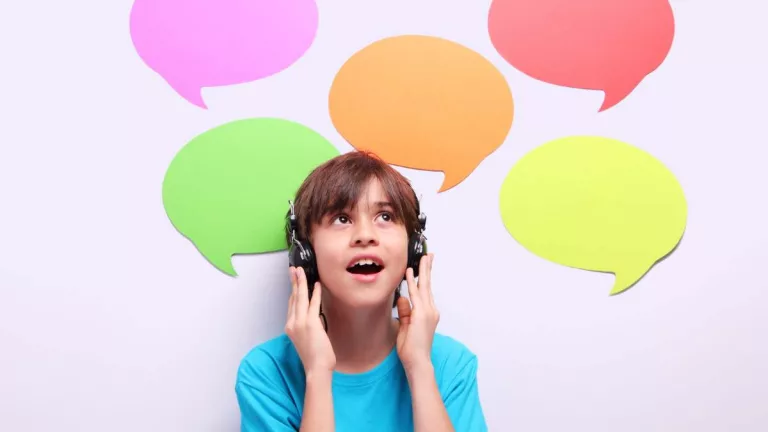
The Advantages and Disadvantages of Bilingualism in Child Development


The ability to speak multiple languages has many benefits and can also come with some drawbacks. Bilingualism has been shown to have an impact on a child’s cognitive, social, and emotional development. This article will examine the pros and cons of bilingualism in child development.
Bilingual children have been shown to have improved cognitive flexibility, problem-solving skills, and executive function compared to monolingual children.
Bilingual children have a broader understanding of different cultures and are more culturally aware, which can help to promote empathy and understanding.
Explore our relevant article If you want to learn more about the link between bilingualism and empathy.
Bilingual children have been shown to perform better academically, particularly in language and reading skills, compared to monolingual children.
Children may mix languages or have difficulty differentiating between them, leading to communication problems.
Read our related article to learn about code-switching In Bilingual Children
Children may take longer to reach milestones in language development as they navigate between two languages.
Children may have difficulty acquiring academic skills in one or both languages.
Studies have shown that children who are bilingual tend to have lower IQ scores compared to monolingual children.
Children who are bilingual may feel caught between two cultures and struggle to find a sense of identity.
Bilingualism in child development can bring both advantages and disadvantages. Bilingualism can improve cognitive skills such as multitasking, problem-solving, and critical thinking. It also opens up new cultural and social experiences, and can enhance career opportunities in a globalized world. However, bilingualism can also lead to language confusion, delayed language development, learning difficulties, reduced cognitive development, and social and emotional difficulties.
Be sure to explore our related article if you’re interested in learning about effective strategies for raising bilingual children: Strategies For Successfully Raising Bilingual Children”
It is important for parents and educators to understand the potential impact of bilingualism on child development and provide support and resources to help children navigate and overcome any challenges they may face. By creating a supportive and educational environment, children can maximize the benefits of bilingualism and develop into well-rounded, bilingual individuals.
Be sure to explore our related article to discover the answers to common questions about the intelligence and abilities of bilingual children: “Bilingual Children and Intelligence: Unveiling the Cognitive Benefits.”
Learning two languages at once doesn’t necessarily cause a child to start speaking later. While there might be slight variations in when bilingual children begin to speak compared to monolingual peers, these differences are typically minor and fall within the normal developmental range.
Yes, bilingualism can improve cognitive functions like multitasking and problem-solving.
Bilingual children often excel in language and reading skills, contrary to the belief of poorer academic performance.
Bilingual children may face challenges in forming a solid identity due to their exposure to multiple cultures.
References:

Get Your Resources to Your Email Now!